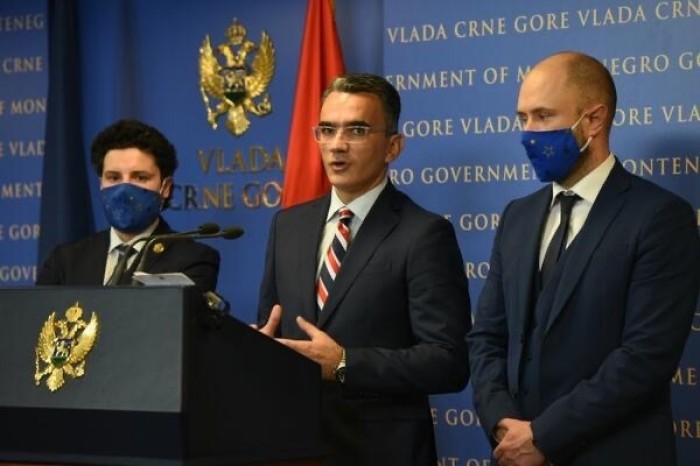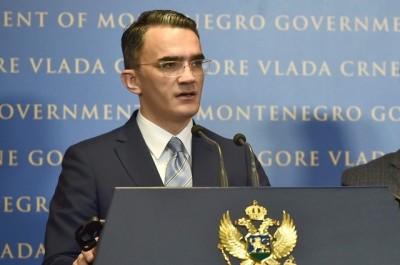In Montenegro: New freedoms for all the religions

Just six weeks ago the first democratically elected government in the history of Montenegro was ushered into office, swept into power through mass, peaceful civic protests that lasted close to a year. These vast congregations were powered by dissent to a so-called “Law on Freedom of Religion” which, unlike its title, in reality took aim at freedom of faith and conscience. In the government I now serve as Justice Minister, we understood it as amongst our first duties to change this statute, so it truly lived up to its name.
The law that would provoke such uproar passed through parliament in December 2019, when elected members opposed to it were arrested before the vote. Pushed through by the then ruling party alone – who had been in office 30 unbroken years – it gave the state the right to seize church and religious property at will. For instance, centuries old monasteries could be claimed by the state, and with the government’s ownership confirmed by the government itself with no recourse to dispute it in an independent court. It was a brazen plan and plain for all to see: this statute would supply a legal prop for an illegal land grab.

Today, those powers are gone. The new “Law on Freedom of Religion or Beliefs” has been written and adopted not to prescribe new legal obligations, but to align the nation’s statute book with the Constitution of Montenegro and international fundamental freedoms. Normal recourse to the courts for any property dispute now reassures faith communities their places of worship are safe.
My ministry also took the opportunity to broaden the catalogue of religious rights and freedoms. For example, Islamic religious property (referred to as “Vakuf”) have existed in Montenegro for centuries, but only now is it legally recognized as such. Muslim and Jewish Montenegrins (who make up around 15 percent of our population; the large majority are Christian) serving in the military, police or spending time in prison will no longer be forced to eat food that violates their religious conscience. And additional legal safeguards ensure for the very first time that no one can be discriminated in employment because of their religion.
Many of these changes to the law have come from faith groups themselves. Unprecedented in our country’s history, Christian, Jewish, and Muslim communities were consulted in earnest and as partners.
We listened. Their insights have been included and grievances remedied in our new law – respecting and reflecting the diverse social and religious characteristics of Montenegro. Indeed, on this basis, and inspired by the United States’ initiative to meet with religious communities on a weekly basis, my ministry will now establish a program of continuous dialogue with all religious communities.
At the same time, all that was good for free expression of belief and protections for the faithful in Montenegro has been retained. Contracts previously signed between religious communities and the government that protect vested rights shall all the honored and preserved.
Still, it is not enough simply to write into law these changes; they must be enacted in practice. At least for now, the new administration must work every day to overcome those institutions whose employees still need to be unchained from fear and extortion.
Two weeks ago, the President of Montenegro used his authority to return the Law on Religion to Parliament for reconsideration. Given executive power is vested in parliament, he can only do this once. Therefore, we did not object: indeed, it has afforded us a chance to confirm the Law and our commitments once again. But it has also revealed a flavor of what to expect in the journey ahead of us, and the obstructions from institutions and individuals still loyal to the former administration we shall face along the way.
From these very pages, to the United States Commission on International Religious Freedom and the halls of the British Parliament, early in our near year-long campaign against the old law, backing came from people and places we did not expect. We were honored by the generosity of support.
With it, we have now established the fundamental freedom of belief in Montenegro. This achievement will be used as springboard to entrench other rights essential to a life in liberty: a free and independent judiciary; equality before the law; the right to freedom of speech to match our hard-won freedom of religion and – with all of this – a better life for all.
Vladimir Leposavic is Minister of Justice, Human and Minority Rights in the Government of Montenegro. He was formerly chief legal counsel to The Orthodox Metropolitanate of Montenegro, and a Fulbright Scholar.




























